When DNA in the brain relaxes and unwinds, a mind is primed for learning. Drugs that promote this relaxation–unwinding DNA from its tightly coiled configuration–give enzymes access to genes that must be turned on to enable learning. Drugs that block a class of proteins known to keep DNA tightly packed can enhance memory in mice–but they can also trigger unwanted side effects. Researchers narrowed their focus to a single DNA-packaging protein specifically associated with learning and memory. The work could aid the development of drugs that treat memory loss associated with Alzheimer’s disease and other neurodegenerative diseases with fewer side effects.
Memory-Boosting Drug
Helps DNA Unwind
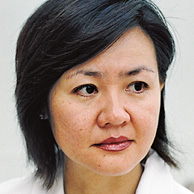
Li-Huei Tsai
Massachusetts Institute of Technology
Natural Selection Takes it Slow
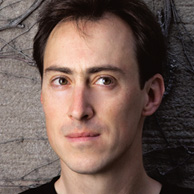
Jonathan Pritchard
University of Chicago
When it comes to shaping the human genome, natural selection generally prefers to take its time, researchers found. Although a handful of genes are known to have helped human populations adapt to new environments within just a few thousand years, HHMI scientists estimated that in most cases, it takes 50,000 to 100,000 years for natural selection to spread traits through a population. Their analysis showed that the geographic distribution of genetic differences in populations around the world is determined only in part by local factors such as climate and diet. The bigger players appear to be human migration patterns, the expansions and contractions of populations, and genetic chance.
Sperm May Give
Marching Orders
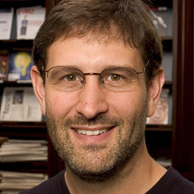
Brad Cairns
University of Utah
A father’s sperm passes along a previously unrecognized set of instructions for the early development of his children, according to a new study. These instructions, which influence when genes are turned on, shut off, or put on hold, come in the form of chemical flags on DNA-packaging proteins called histones. Though abundant in most cells, histones are largely absent in mature sperm, where they are replaced with proteins that squeeze the DNA even more tightly to keep sperm small and swift. The few histones that can be found in sperm, HHMI researchers showed, are associated with hundreds of genes important for embryo development.
Arrested Development
Prompts MS
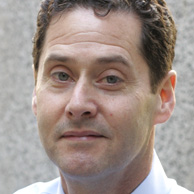
David Rowitch
University of California, San Francisco
In patients with multiple sclerosis (MS), immune cells attack the sheaths of myelin that surround the long, fibrous extensions of nerve cells. As this protective layer erodes, nerve cells gradually lose their ability to transmit signals. Over time, tingling and numbness in the limbs, loss of vision, paralysis, and other symptoms can develop. New research indicated that MS impairs the body’s natural mechanism for repairing myelin: Although precursors to the repair cells are present, they never mature enough to do their jobs. As a result, damage accumulates and the myelin sheath erodes. The results have implications for other disorders such as cerebral palsy; Rowitch and colleagues previously showed a similar situation in which potentially reparative cells are blocked at an immature stage in areas of brain injury.
To Improve Antibiotics,
Watch and Learn
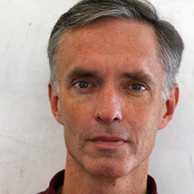
James Collins
Boston University
As antibiotic-resistant bacteria become more prevalent, there is a growing need for drugs that work in new ways. A full understanding of how existing antibiotics kill microbes could guide the development of more effective therapies, but in most cases this knowledge is lacking. The antibiotics that kill bacteria (as opposed to just stopping their growth) do so by causing them to produce damaging chemicals called hydroxyl radicals. New research revealed how one class of drugs, the aminoglycosides, unleashes the hydroxyl radical cell death pathway by binding to its target inside the cell.

